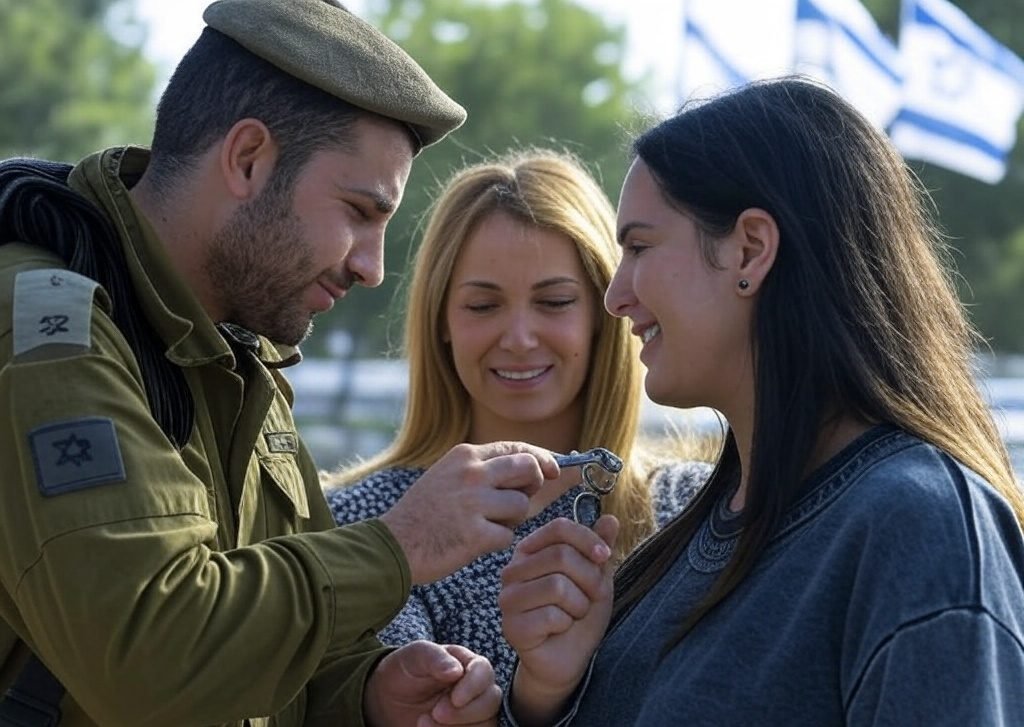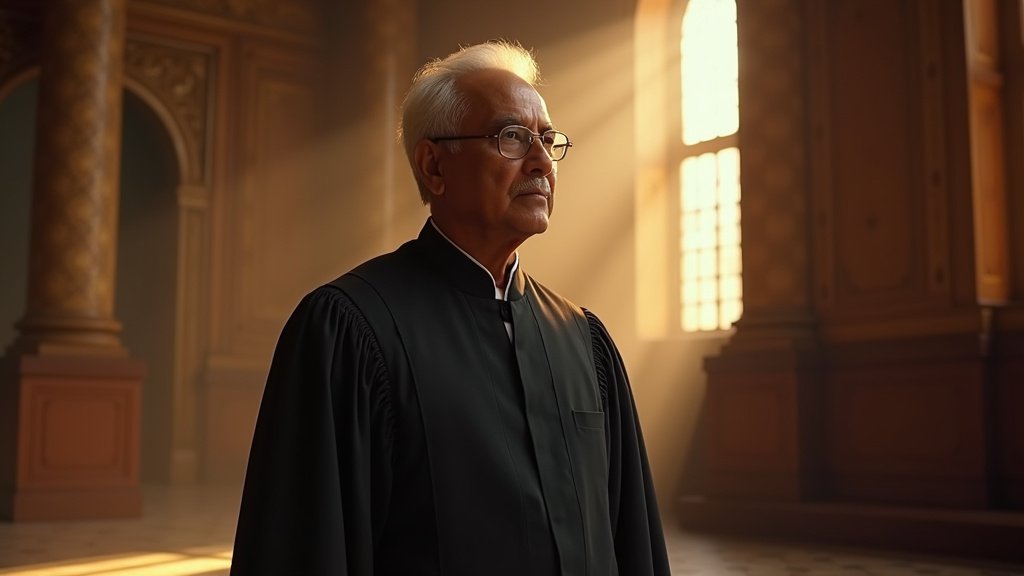Emotional Reunions: Families of Israeli Hostages Celebrate Their Loved Ones’ Return
In a heartwarming turn of events, families of Israeli hostages are experiencing a wave of joy as they prepare to reunite with their loved ones after enduring months of anxiety and uncertainty. The recent release of hostages held by Hamas marks a pivotal moment not just for the families involved, but for the broader Israeli community that has been affected by this crisis.
Joyful Reunions After Months of Captivity
On January 19, a significant milestone was reached when the first three hostages were handed over to the Israeli military. Among these individuals was British-Israeli Emily Damari, whose story has resonated deeply with many. Families and supporters gathered in Tel Aviv to celebrate this “exciting news,” showcasing a collective relief and gratitude that permeated the atmosphere. The ceasefire, although initially delayed for three hours, ultimately paved the way for these emotional reunions.
Emily Damari, 28, was one of those abducted from Kibbutz Kfar Aza, a community that has been at the forefront of the conflict. Alongside her was Romi Gonen, 24, who faced harrowing circumstances as she attempted to escape from the Supernova Festival. Their experiences serve as stark reminders of the human cost of conflict and the resilience of those who endure such trials.
The Broader Context of Hostage Situations
The recent hostage crisis involving Hamas has drawn significant attention, not only for the personal stories of those directly affected but also for its implications on regional stability. Hostage situations often serve as critical flashpoints in conflicts, highlighting the complexities of negotiations and the emotional toll on families.
In addition to the immediate emotional relief felt by the families, the release of hostages can also serve as a catalyst for broader political discussions. It raises questions about the efficacy of military interventions, diplomacy, and the long-term strategies that nations must adopt when dealing with such crises. The international community often watches closely, as these events can influence public opinion and diplomatic relations.
The Emotional Toll on Families
The emotional impact of captivity on hostages and their families cannot be overstated. The psychological scars left by such experiences can last for years, affecting mental health and family dynamics. Support systems, both from the community and professional mental health services, become essential in the aftermath of such traumatic events.
Families of hostages often endure prolonged periods of uncertainty, living with fear and anxiety as they await news of their loved ones. Each day can feel like an eternity, filled with hope and despair in equal measure. The release of hostages brings a mix of relief, joy, and a long process of healing that must follow.
Community Support and Gathering of Crowds
The gathering of crowds in Tel Aviv to welcome the released hostages speaks volumes about the unity and strength of the community during such trying times. As families await the return of their loved ones, public support acts as a vital lifeline, reminding them that they are not alone in their struggle.
This outpouring of community support is crucial, as it not only validates the experiences of those affected but also fosters an environment of solidarity. It encourages families to share their stories and lean on one another for emotional support, creating a network of compassion that can help mitigate the psychological impact of the ordeal.
The Role of Media in Shaping Perception
Media coverage of hostage situations plays a significant role in shaping public perception and influencing political discourse. The stories of individuals like Emily Damari and Romi Gonen highlight the human element behind the headlines, reminding viewers that these are not just statistics but real people with families and aspirations.
The media’s portrayal of events can also affect how negotiations unfold, as public sentiment can pressure governments to take action. The balance between reporting facts and providing a human angle is delicate but crucial in fostering empathy and understanding among the global audience.
The Path Forward
As families of the released hostages begin to navigate their new reality, the path forward is filled with both challenges and opportunities for healing. The journey towards recovery will require time, support, and understanding from the community and beyond. It serves as a reminder that while the immediate crisis may be resolved, the long-term effects of trauma will linger.
Furthermore, the situation illustrates the importance of ongoing dialogue and conflict resolution efforts in the region. It emphasizes the need for a comprehensive approach to peace that addresses not only the symptoms but also the underlying issues that fuel such conflicts.
Conclusion
The recent reunions of families with their loved ones, who were held hostage for months, evoke a powerful sense of hope amidst despair. As the community rallies to support the affected families, the stories of individuals like Emily Damari and Romi Gonen inspire not only empathy but also a call for a more peaceful resolution to the ongoing conflicts in the region. Moving forward, it is essential for the international community to remain engaged, fostering dialogue that prioritizes the well-being of individuals and families caught in the crossfire of geopolitical tensions.





